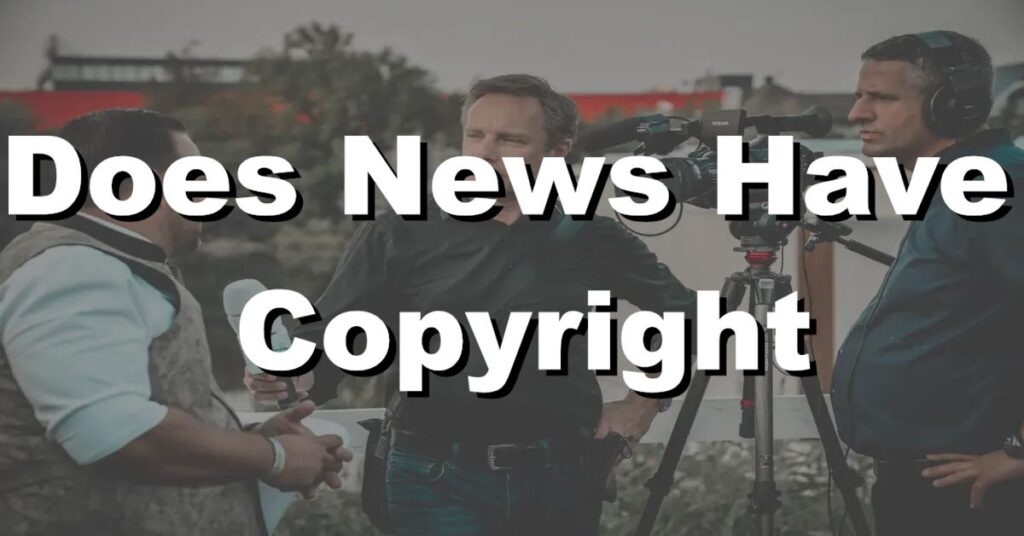As consumers of news, we often take for granted the information provided to us by news outlets. However, news outlets invest significant resources in creating their content, and like any other creator, they have a right to protect it.
In this article, we’ll explore whether news has copyright and what that means for the distribution and use of news content.
The Basics of Copyright Law and How It Applies to News:
Copyright law grants the creators of original works, including news articles, the exclusive right to reproduce, distribute, and publicly display their work. News content, such as articles, photographs, and videos, is protected by copyright as soon as it is created.
This means that others cannot use or reproduce the content without the permission of the copyright holder, typically the news organization or journalist who created it.
Fair Use and When News Can be Used Without Permission:
Fair use is a legal doctrine that allows limited use of copyrighted material without permission for purposes such as criticism, commentary, news reporting, teaching, and research. When it comes to news, fair use may apply in certain circumstances, such as when quoting a small portion of a news article for reporting or commentary purposes.
However, the determination of fair use is subjective and depends on factors like the purpose and nature of the use, the amount and substantiality of the portion used, and the potential impact on the market value of the original work.
The Ethical Considerations of Using Someone Else’s News Without Attribution:
Using someone else’s news without proper attribution raises ethical concerns. Journalistic ethics demand that news should be accurately sourced and credited to its original creator. Failing to attribute news to its source can mislead readers and undermine the principles of transparency and integrity.
Proper attribution is essential to recognize the work and contributions of journalists and news organizations and to maintain the trust and credibility of the news industry.
The Role of Plagiarism in News Reporting:
Plagiarism, which involves presenting someone else’s work or ideas as one’s own without proper attribution, is considered a serious ethical violation in journalism. Plagiarism undermines the integrity and credibility of news reporting by infringing upon the rights of the original creators and misleading audiences.
Journalists are expected to uphold high standards of integrity and honesty by conducting thorough research, properly attributing sources, and providing accurate and original content.
The Impact of the Internet on Copyright and News:
The internet has significantly affected copyright and the way news is disseminated and consumed. The ease of copying and sharing digital content has made it challenging to enforce copyright protection.
News articles, images, and videos can be easily replicated and spread online, making it crucial for news organizations to implement digital rights management and enforce copyright claims.
The internet has also facilitated the rise of user-generated content and citizen journalism, requiring a careful balance between copyright protection and the freedom of expression.
Overall, understanding copyright law, practicing fair use guidelines, giving proper attribution, avoiding plagiarism, and adapting to the evolving digital landscape are essential for journalists and news organizations to navigate the complex intersection of copyright and news reporting.
Conclusion
In conclusion, news organizations typically own the copyright to their stories and images, but there are exceptions to this rule. Journalists must be mindful of copyright laws when using third-party material in their reporting and ensure that they have obtained the necessary permissions or licenses.
As the media landscape continues to evolve, copyright issues are likely to remain a key concern for journalists and news organizations alike.

